The Ultimate Guide to Inland Marine Insurance
One of the most intriguing coverages you may hear about in business insurance is inland marine insurance. While it has nothing to do with the sea, it has everything to do with protecting the stuff you use in your day-to-day business activities.
Inland marine insurance is a first-party coverage. A majority of the policies you use to insure your business can help in the case of your business or product causing damage or inflicting injuries—but what if something damages the equipment you need to run your business? That’s where inland marine insurance may be able to help you.
What is inland marine insurance?
Also known as business personal property insurance, inland marine is a type of insurance for the tools, equipment, and other types of moveable property you use to run your business—while on the job or being transported across land. If an insured item is stolen or damaged, your insurance policy may help you repair or replace the item.
Who uses inland marine insurance?
If you regularly transport property or store it away from your primary business location, you should consider adding inland marine insurance to your business insurance plan.
Inland marine insurance is often used by businesses who: …



 suppliers.
suppliers.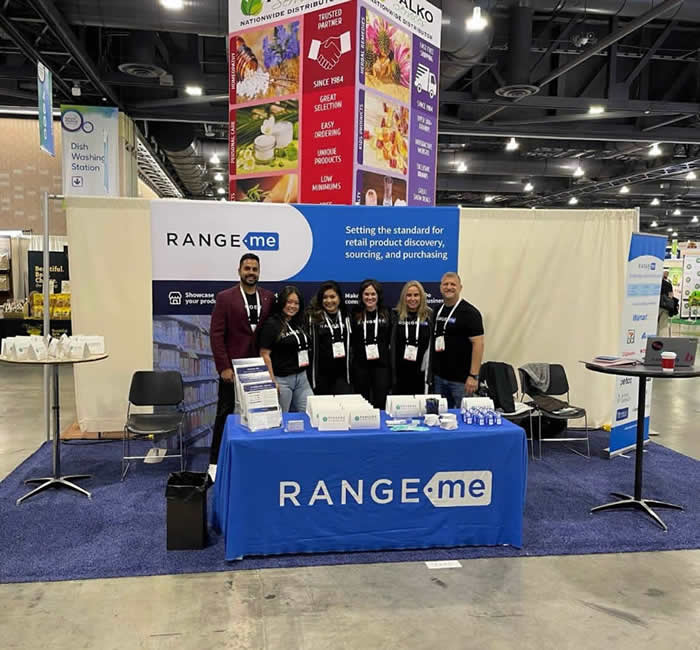 Team RangeMe at Natural Products Expo East 2022
Team RangeMe at Natural Products Expo East 2022
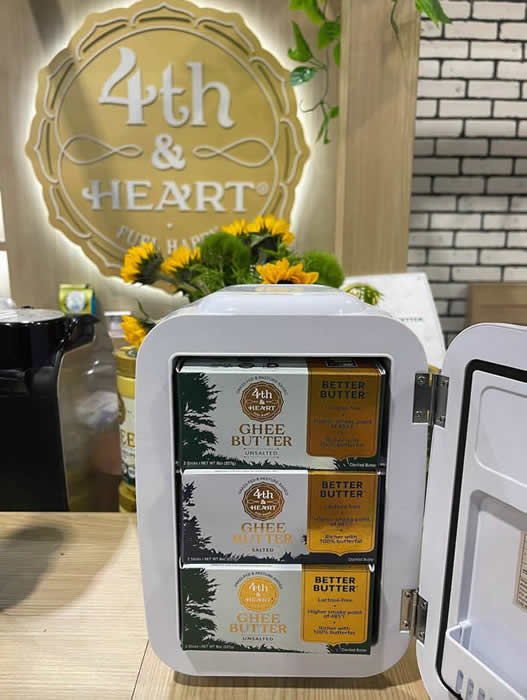 4th & Heart – Ghee
4th & Heart – Ghee
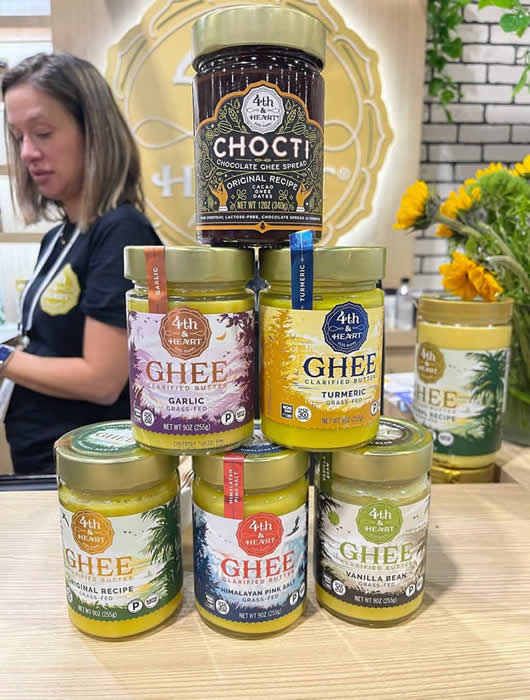 4th & Heart – Ghee
4th & Heart – Ghee
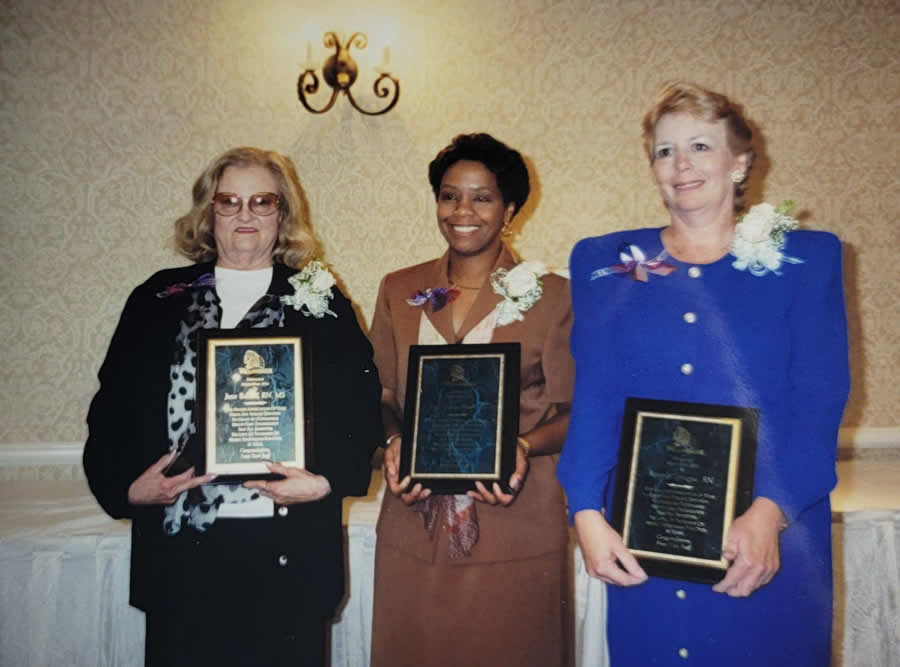 1981: Faye Pryor and her partners from Willowbrook
1981: Faye Pryor and her partners from Willowbrook
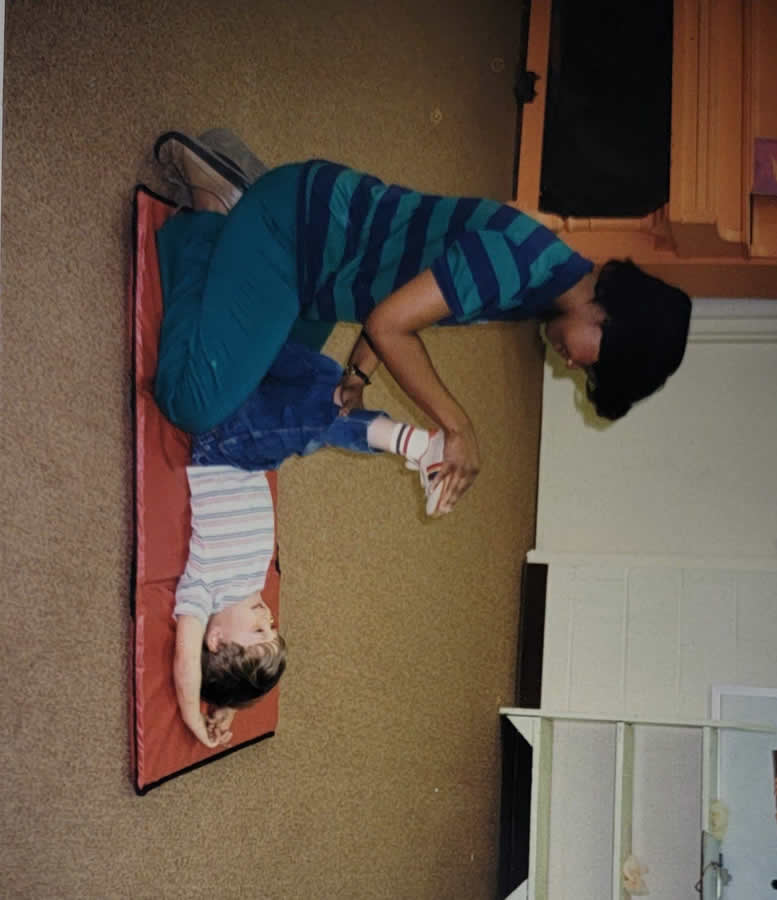 Faye Pryor practicing physical therapy in the 1980’s
Faye Pryor practicing physical therapy in the 1980’s
 Faye Pryor practicing physical therapy in the 1980’s
Faye Pryor practicing physical therapy in the 1980’s